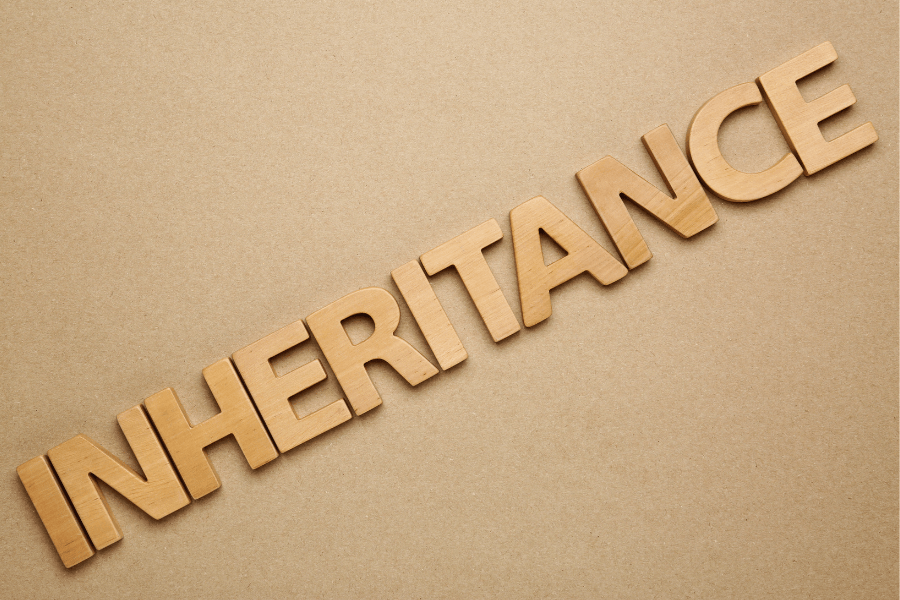When someone passes away, Indonesian inheritance law typically ensures their estate—called boedel waris—is passed to surviving heirs. But what happens when there are no heirs, or when no one claims the inheritance?
This article breaks down the legal process, whether the deceased was governed by civil or Islamic law, and what happens to the estate when no heirs come forward.
Key Elements of Inheritance Law in Indonesia
As outlined by Prof. Dr. H. Zainuddin Ali, MA., Indonesian inheritance law is built on three pillars:
- A deceased person (the decedent)
- A living heir entitled to inherit
- An estate left behind (the boedel waris)
If any of these components are missing—specifically, if no heirs exist—the estate doesn’t just disappear. It’s handled through a legal process that ensures it’s managed responsibly.
Inheritance Without Heirs: Civil Law (Burgerlijk Wetboek)
In cases governed by the Civil Code (Burgerlijk Wetboek, or BW), if no blood relatives or surviving spouse exist, the inheritance is not left in limbo. It becomes property of the state and is managed by the Balai Harta Peninggalan (BHP), or Estate Administration Office
Legal Basis:
Article 1127 BW:
“The BHP is obligated to manage any unclaimed inheritance. It must notify the Public Prosecutor and, in case of disputes, a court will decide without trial.”
Article 832 BW:
“Those entitled to be heirs are blood relatives and the surviving spouse. If no such heirs exist, the inheritance becomes the property of the state, which must settle the deceased’s debts, as far as the estate allows.”
Article 1266 BW:
“If the inheritance is unclaimed or the known heirs reject it, the estate is considered unclaimed.”
What the BHP Does:
When the state, through the Balai Harta Peninggalan (BHP), takes over an unclaimed estate, its responsibilities are clear. The BHP assumes legal custody of the assets, acting as the administrator. Its first task is to assess and, where possible, settle any debts left by the deceased. This ensures that creditors are not unfairly left out of the process.
Beyond debt settlement, the BHP also takes on the role of protecting the estate from mismanagement or misuse. This includes maintaining any property, preserving financial assets, and making sure the estate is not exploited or left to deteriorate. The BHP functions as a legal safeguard, stepping in to responsibly manage the inheritance when no heirs exist or when heirs reject their rights.
Inheritance Without Heirs: Islamic Law (Kompilasi Hukum Islam)
For Muslims, inheritance is governed by Islamic law through the Compilation of Islamic Law (KHI).
Article 191 KHI:
“If the deceased leaves no heirs, or if heir status is unknown, the inheritance shall—upon Religious Court decision—be transferred to Baitul Mal for the benefit of Islam and public welfare.”
How Baitul Mal Handles Inheritance
In the case of a Muslim decedent with no identifiable or surviving heirs, the responsibility for managing the inheritance falls to Baitul Mal. This institution serves as a public trustee, stepping in under the oversight of the Religious Court. Once the court declares the estate heirless, Baitul Mal takes over—not to profit, but to ensure the wealth is used in line with Islamic values.
Rather than leaving the estate idle, Baitul Mal directs its use toward the common good. This might include funding for charitable activities, social welfare programs, or other forms of public benefit that align with religious principles. The process is both legal and spiritual, ensuring the deceased’s assets contribute positively to society.
Summary: Where the Estate Goes If No Heirs Exist
| Legal System | Estate Goes To | Managed By |
|---|---|---|
| Civil Law (BW) | Becomes state property | Balai Harta Peninggalan (BHP) |
| Islamic Law (KHI) | Transferred to Baitul Mal | Religious Court & Baitul Mal |
Regardless of the system, settling the deceased’s debts remains a top priority.
Final Note
Unclaimed inheritance doesn’t fall through the cracks in Indonesia. The legal system has mechanisms in place—whether through civil law or Islamic law—to ensure every estate is accounted for and managed properly. If there are no heirs, the estate doesn’t sit idle or get taken arbitrarily. It either becomes state property managed by the Balai Harta Peninggalan or is handed over to Baitul Mal for the benefit of the wider community, depending on the deceased’s faith.
For anyone involved—whether a creditor, a neighbor, or someone with a legal interest—it’s important to follow the official process. Getting guidance from the right authorities or legal experts helps ensure the estate is handled correctly, debts are settled, and the remaining assets are used responsibly and lawfully.

